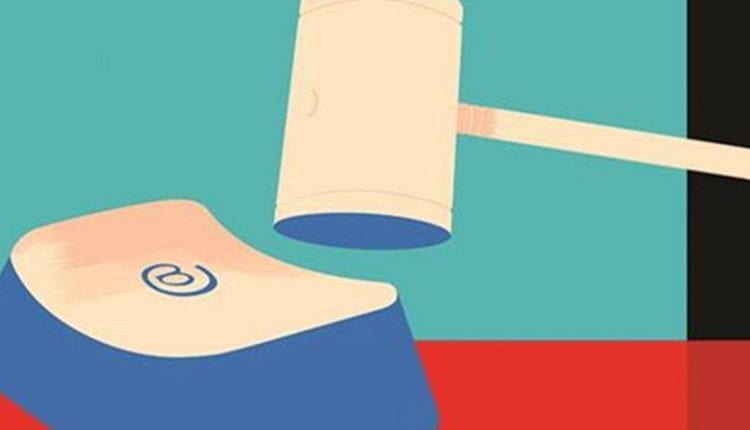Chief Justice of India S A Bobde has said the Supreme Court is considering a proposal to introduce artificial intelligence (AI) to aid the administration of the justice delivery system. He also clarified that judges would not be replaced by AI. The Chief Justice said that while technology has enabled them to go paperless in many courts and go digital, if not all the way, then substantially, in many courts, they now have the benefit of modern artificial intelligence tools that will assist in improving the efficiency of the justice system through sophisticated and contextual automation.
Speaking at the Constitution Day function organised by the Supreme Court Bar Association (SCBA), he insisted that the automation of existing repetitive non-judicial tasks and functions will reduce pendency, and expedite judicial adjudication, which will eventually create more time for judges to resolve complex cases.
Justice Bobde said, “We recognise that machine are not substitutes for the knowledge and wisdom of judges and that the law functions in a uniquely complex environment that lawyers and judges are best placed to navigate.”
President Ram Nath Kovind also launched a Supreme Court mobile application on the Constitution Day. Justice Bobde said that it is in this pursuit of diversity, inclusivity and efficiency that an artificial intelligence powered law focused translation engine will aid timely and quality translation and thereby can help improve the efficiency of the judicial delivery system.
“While translating judgements is useful, it pales in comparison to the value added to countless litigants and lawyers whose access to timely justice will no longer be limited by the restraints of language,” he said.
He insisted that the authorities concerned will continue to use human translators to validate and correct output of the artificial intelligence-based translation tools.
Justice Bobde also spoke on issues pertaining to subordinate judiciary. “In this context, we are alarmed by the state of infrastructure and finances provided to the subordinate judiciary. It”s unfortunate that in today”s age and time, the judiciary is still facing issues,” he said.

